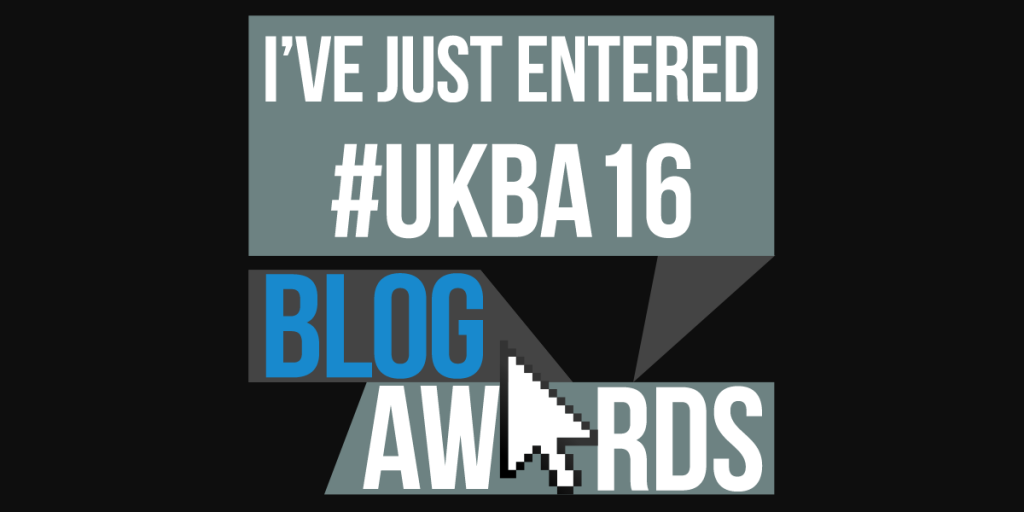 Channel 4 Dispatches looked at claims of personal attacks and mudslinging on both sides of the Scottish referendum debate. (The Great British Break-up? Channel 4 Dispatches. aired 8pm Monday 7 July, available on 4OD)
Channel 4 Dispatches looked at claims of personal attacks and mudslinging on both sides of the Scottish referendum debate. (The Great British Break-up? Channel 4 Dispatches. aired 8pm Monday 7 July, available on 4OD)
Among the stories covered in the programme are allegations that many businesses have been pressured into staying silent; accusations that the Westminster government has been misleading voters in Scotland and the revelation that British embassies have been instructed to support the case for a No vote.
Polls show the single most important issue for voters is what might happen to the Scottish economy after independence. While business leaders are probably best placed to answer some of these questions, Channel 4 Dispatches investigates allegations that many have been pressured into staying silent.
Channel 4 Dispatches contacted 50 companies and business leaders believed to have concerns over independence. Five told the programme privately they’d been contacted by the Scottish Government and said they felt pressured to stay quiet about their views. Of the five, one claimed they had been visited by a Minister, two claimed they received a phone call from a Minister, and two claimed they had received a call from the First Minister’s office. And a further 14 claimed to know of other businesses who felt under pressure.
Gavin Hewitt, the former Chief Executive of the Scotch Whisky Association tells Channel 4 Dispatches that he or senior members of his staff met with Angus Robertson – the SNP leader in the House of Commons – on at least six occasions over the past two years:
“He and the SNP have regularly tried to get the message to the Scotch Whisky Association that the Scotch Whisky Industry should stay out of the independence debate. He was, I think, trying to neuter business comment. There was a genuine fear that in fact if we were seen to scupper by coming out publically against independence, there would be retribution down the track.”
“Regardless of whether the SNP win or lose the referendum vote in September they will be in power for many years to come and that those people who have stood against them or worked against the central plank of their policy, independence, will be singled out and will be remembered.”
In response, the Scottish Government told Channel 4 Dispatches that Mr Hewitt’s claims about Mr Robertson are ‘utterly false’.
The programme interviews Professor Patrick Dunleavy, Public Policy Chair at the London School of Economics, who says the UK government’s statement that the Scottish taxpayer would have to fork out £2.7 billion in set up costs misused his figures.
“It’s very hard to describe it in polite terms actually, it’s very crude, it’s alarmist, it’s not been checked and it rests on a whole series of, you know, false steps…That makes this a very dubious document. A dodgy dossier you might call it…. When you take into account all the factors that I’ve been just considering, my actual set up costs, you know the costs that you lose irretrievably just from going independent would be I guess around £150 to £200 million, that compares with numbers given in the treasury document which range from £1.5 billion to £2.7 billion. Given this is quite a polarised debate you should be checking your facts and contributing unimpeachable information.”
In response, a government spokesperson told Channel 4 Dispatches that it had ‘cited several external sources’ to provide context in their calculations for the set up costs.’
The programme reveals new information about what happened following the decision by the CBI to publicly back a No vote. This led to many of its members pulling out, most of whom claimed they’d made the decision in order to remain politically neutral. Channel 4 Dispatches has obtained emails which reveal the role played in this pull-out by the SNP’s John Swinney.
The emails reveal how Mr Swinney seized on the decision by Scottish Enterprise to pull out of the CBI to push others to do the same, with his media advisor urging Visit Scotland to follow Scottish Enterprise’s lead and pull out of the CBI: ‘Mr Swinney has made said that other public bodies should follow suit, if they are CBI members,’ one email states.
Another senior official in the Finance Office emailed the CEO of Visit Scotland, asking him: ‘Can you please let me know … when a resignation letter can be issued.’
In response, a spokesperson for the Deputy First Minister told Channel 4 Dispatches: “A poll from the British Chambers of Commerce concluded that the referendum and the prospect of an independent Scotland “has left most [UK] businesses unfazed.” John Swinney’s comments “were in the context of the CBI” taking “a political stance” that raised “questions as to whether public bodies could remain members of the CBI and continue to meet their statutory obligation of impartiality.”
The programme also includes details of cables, released under the Freedom of Information Act, which the Foreign Office has sent to its embassies around the world. While the government has said that it is neutral on the referendum, one cable, sent out to embassies and consulates, suggests otherwise. It states that the British Government is: ‘Not neutral… and will be actively campaigning to secure a referendum result that will keep the United Kingdom together.’
In response, a government spokesperson told the programme: “The Prime Minister has always been clear that this is a decision for people in Scotland to make but it is no secret that he believes those living outside Scotland should make their views known.”
Lord Sutherland, Former Vice Chancellor of Edinburgh University claims that some of those running Scottish universities have also come under pressure to stay out of the debate despite concerns about the impact of independence.
Professor Chris Whatley from Dundee University tells Channel 4 Dispatches what happened when SNP Sports Minister Shona Robison caught wind of his appearance chairing a Better Together event in a personal capacity, and wrote an urgent email to the Principal of Dundee University.
“I think people did see this as, as an attempt to stifle, public debate, I mean there isn’t any threat or there hasn’t been any threat to public speech in Scotland as long as you’re saying yes. I guess I was seen as a threat,” he tells the programme.
Lord Sutherland adds:
“To be questioned by a Scottish Minister about the propriety of his expressing views in public is disgraceful. It sends the message that you’re being watched, if Big Brother’s looking down on you, then there’s an implicit threat. … The danger is that you have a regime that does things by stealth rather than argues things out in public.”
The spokesperson for the Deputy First Minister told Channel 4 Dispatches that: “Shona Robison’s questions related to the impartiality of the Five Million Questions project” and that “In terms of wider academic views, we welcome all contributions.”
 A couple of months ago I began this EU campaign genuinely undecided about how I would vote. I knew we sent the EU quite a lot of money and that it was bureaucratic. But I also believed fully in the idea that we were stronger together and that free trade is usually a good thing.
A couple of months ago I began this EU campaign genuinely undecided about how I would vote. I knew we sent the EU quite a lot of money and that it was bureaucratic. But I also believed fully in the idea that we were stronger together and that free trade is usually a good thing.






